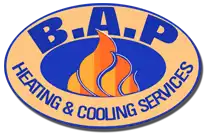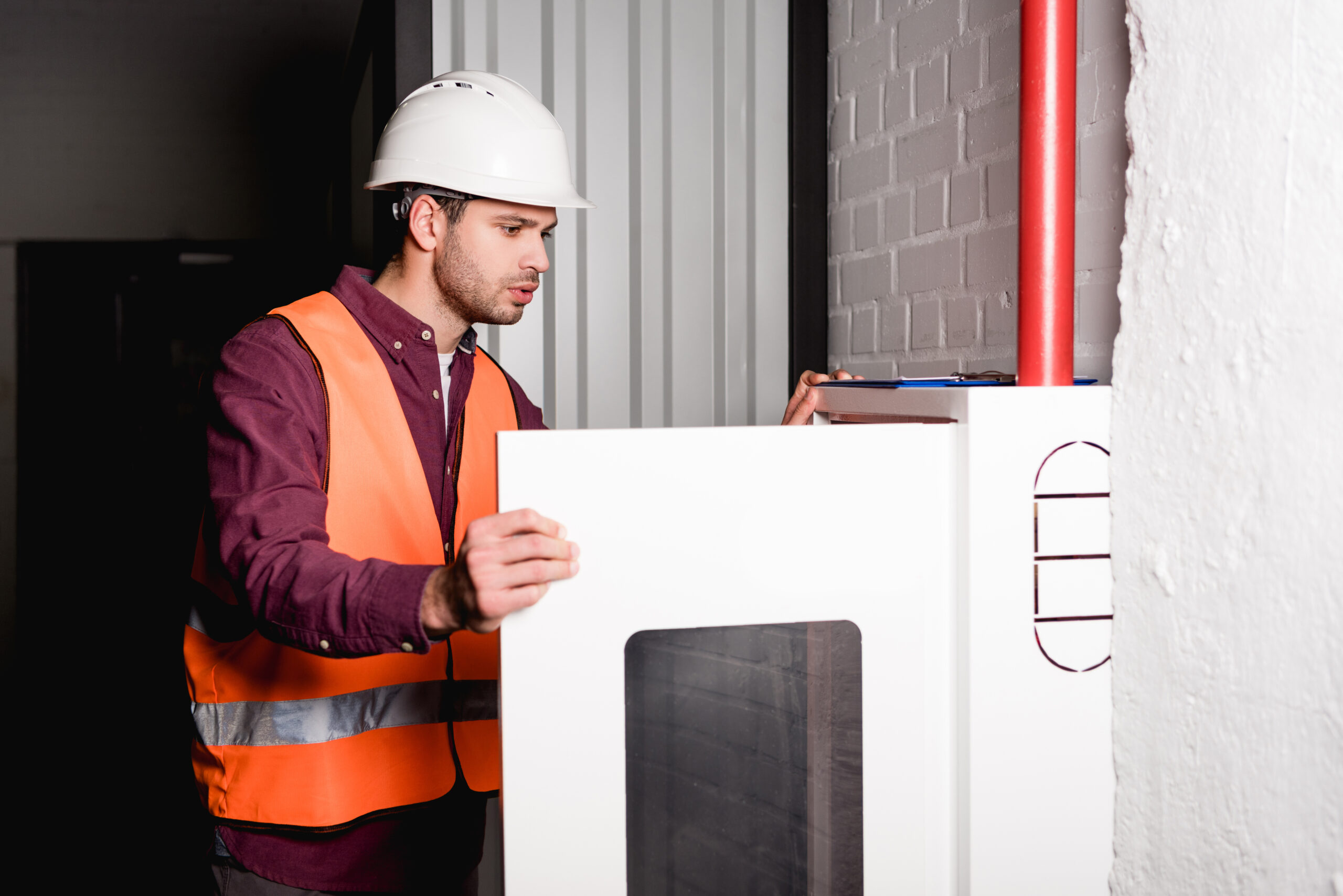Exploring Different Types of Furnaces for Residential, Light Commercial, and Rural Properties
Searching for the perfect furnace to suit your property can be a daunting task. With numerous furnace brands and models on the market, choosing the best option for your specific needs is essential. Residential, light commercial, and rural properties each have their own unique set of requirements, and it’s crucial to find a furnace that can effectively and efficiently meet those needs.
Join us at B.A.P. Heating & Cooling Services as we explore different furnaces suitable for various properties, including residential, light commercial, and rural properties. We’ll discuss each option’s pros, cons, and efficiency, allowing you to make an informed decision. Whether you’re looking for an upgrade or installing a new heating system, stay with us, and we’ll guide you through the selection process.
Understanding Different Types of Furnaces
Before we dive into the specifics of each furnace type, it’s important to understand the basic distinctions between the various options available. There are three primary types of furnaces: gas, electric, and oil. Each type has its own set of advantages and disadvantages, as well as unique applications based on the specific needs of a property. Let’s take a closer look at the characteristics of each furnace type.
Gas Furnaces: An Efficient Choice for Residential and Light Commercial Properties
Gas furnaces are a popular choice for homes and businesses due to their efficiency and cost-effectiveness. These furnaces run on natural gas or propane and are known for providing consistent heat throughout the property. Gas furnaces are relatively low maintenance and benefit from fewer breakdowns compared to their counterparts.
However, some drawbacks to gas furnaces include the need for proper ventilation to ensure the safe release of combustion gases. Additionally, gas furnaces may not be suitable for rural properties without access to a natural gas or propane supply.
Electric Furnaces: A Versatile Option for Various Property Types
Electric furnaces offer a flexible solution for properties that lack access to natural gas or have propane restrictions. Designed to function on electricity, these furnaces boast low upfront costs and easy installation. Electric furnaces are also known for their long lifespan, often exceeding 20 years with regular maintenance.
Although electric furnaces have several benefits, their downside is that they can be expensive to operate due to higher electricity costs. Additionally, electric furnaces may not provide the same level of heat as gas or oil furnaces in colder climates.
Oil Furnaces: A Powerful Option for Rural Properties
Oil furnaces are an appropriate choice for rural properties with no access to natural gas. Relying on heating oil for fuel, these furnaces offer a powerful heat output that can keep large spaces warm during severe winter months. With proper care and maintenance, an oil furnace can last up to 20 years.
However, oil furnaces may not be the most environmentally friendly option due to the emissions released during combustion. These furnaces require regular oil deliveries, which can be an inconvenience, and fluctuating oil prices can affect the cost of operation.
Understanding Your Property’s Heating Needs
To select the most appropriate furnace type for your property, it’s important to have a thorough understanding of the specific heating requirements.
Size and Insulation: Evaluate the size of the property alongside its insulation quality to determine the furnace’s necessary heat output. A well-insulated home will require a smaller furnace, whereas a poorly insulated or large property may need a more powerful option.
Climate: Consider the local climate, as colder regions may necessitate a higher heat output from the furnace.
Fuel Availability and Cost: Consider the accessibility and cost of the fuel required for each furnace type. Natural gas or propane may not be available in rural areas while fluctuating oil prices can affect heating costs.
Comparing Furnace Efficiency
Evaluating the efficiency of a potential furnace is essential to making an informed decision. As previously mentioned, gas furnaces can have AFUE ratings above 90%, making them an efficient choice. Meanwhile, electric furnaces are less efficient, with most models offering 100% efficiency ratings. This means that all the electricity used is converted into heat but does not account for the cost of electricity. Oil furnaces have a lower efficiency, typically between 80-90% AFUE.
Deciding on a Furnace Model
Once you’ve narrowed down the type of furnace best suited to your property, the next step is comparing the available models. Look for features such as a variable-speed or modulating gas valve, which adjusts the flow of gas to match the heating load precisely, leading to increased efficiency and consistent temperatures. Consider the warranty offered by the manufacturer and their track record for reliability and customer service.
Regular Maintenance: Key to Longevity and Efficiency
No matter the type of furnace you choose, regular maintenance is crucial for ensuring optimal performance and extending the system’s lifespan. Annual inspections by a qualified professional can help identify potential issues early, preventing costly repairs and keeping your furnace in top shape.
Choose the Right Furnace with Expert Guidance
Understanding the pros and cons of different furnace types and your property’s unique heating requirements is essential in selecting the right heating system. Considering aspects such as size, insulation, and fuel availability, you can make an informed decision matching your needs and budget.
As experts in the field, our team at B.A.P. Heating & Cooling Services is here to help you navigate this decision-making process and provide professional installation, maintenance, and furnace repair in Guelph and surrounding areas. Don’t leave your comfort and efficiency to chance; trust our team to guide you in selecting and maintaining the perfect furnace for your residential, light commercial, or rural property. Contact us today to discuss your heating options and schedule a consultation with one of our experienced specialists.







